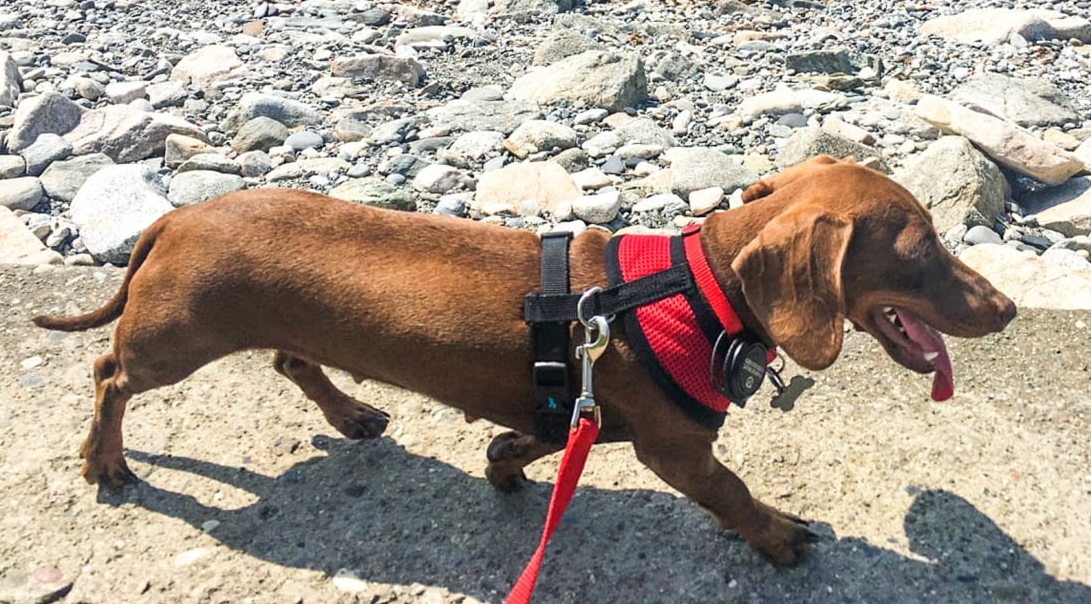Australia’s intense pet import rules implied their reliable dachshund Pip couldn’t accompany them. That is OK, they thought. They’d have the option to return right away at all for a tail-swaying gathering before taking back off on the sea. So Zoe made a couple of a minute ago calls to organize Pip to be taken care of by a companion, and the family bid farewell for what they trusted would be only six brief weeks. Yet, that is not exactly how it functioned out.
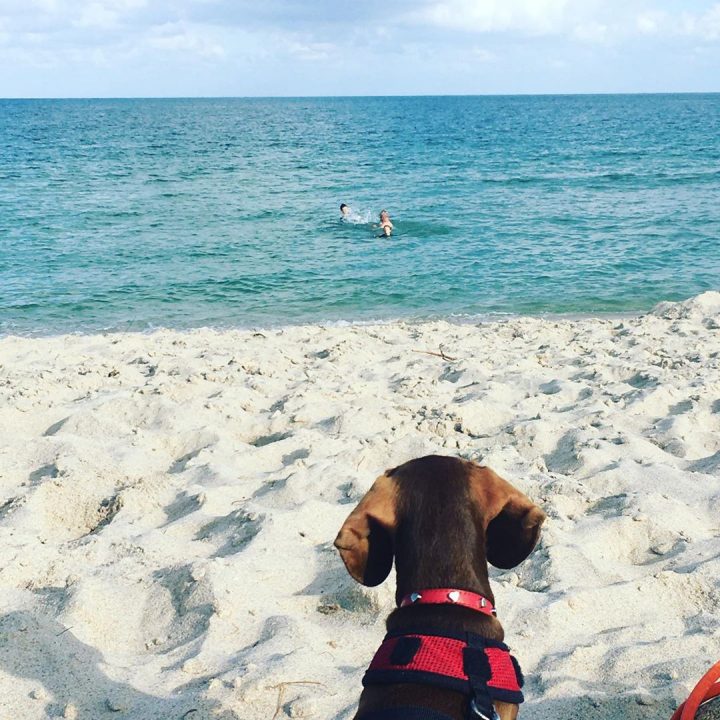
The Eilbecks first experienced Pip in 2018 in Messina, Sicily, when they were halfway through their four-year cruising tip. Pip immediately adjusted to life locally available, appreciating deck time and spending time with her family. Zoe says she was consistently mindful that masterminding to take the canine back home would be a long and attracted out reason because of Australia’s severe fringe regulations.All the best canines discover their direction home in the end. Once in a while, as Pipsqueak the wiener canine, they must set out on an excursion of in excess of 10,000 miles to arrive.
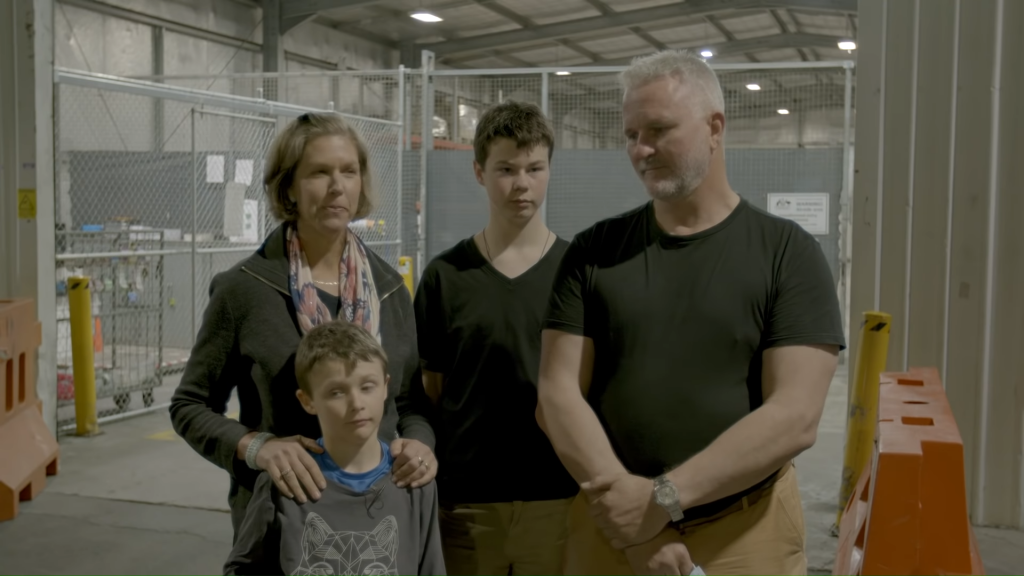
Little Pip was abandoned in South Carolina at the stature of the pandemic after her proprietors had to relinquish their round-the-world cruising outing and fly home to Australia. With outskirts shutting rapidly, Zoe and Guy Eilbeck, and their children Cam and Max, had under 48 hours to get together everything from their 40-foot yacht in the wake of docking in Hilton Head Island. “I realized we’d need to import Pip and that she’d need to complete 10 days isolate,” Zoe reveals to CNN Travel.
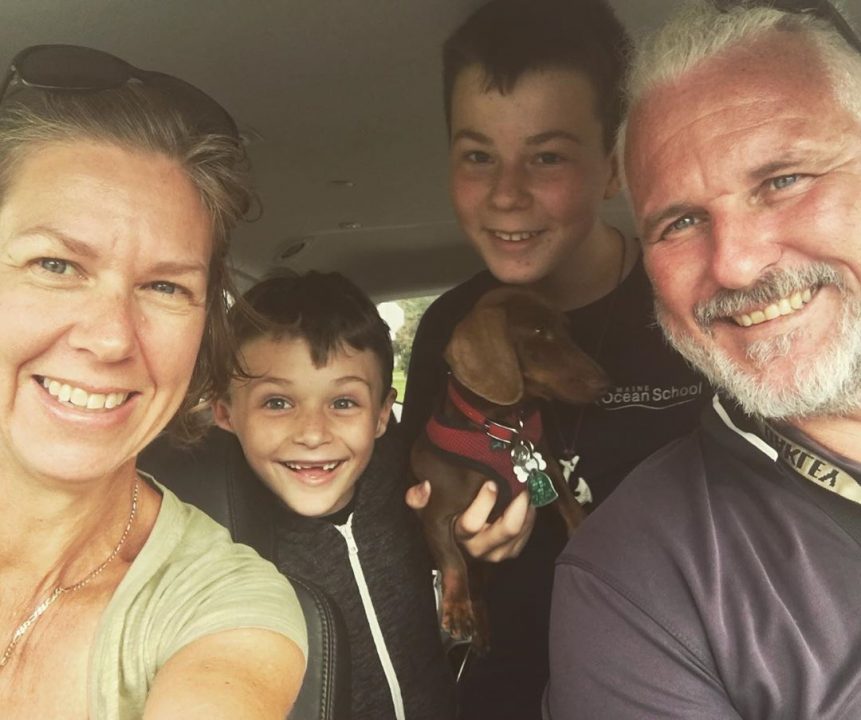
At the point when the opportunity arrived, they wanted to fly her from the South Pacific island of Vanuatu, a generally short bounce to Sydney. Obviously, this wasn’t to be. As Covid spread in mid 2020, the Eilbecks chose to set out toward South Carolina to locate a sheltered billet for their yacht – and for Pip.
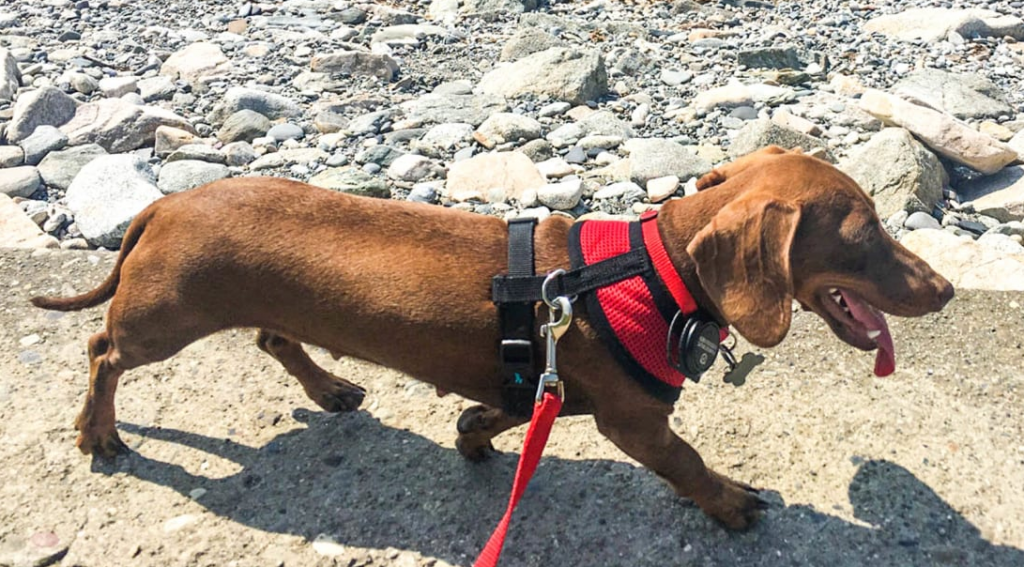
On March 27, Zoe employed a rental vehicle and took an eight-hour drive to North Carolina, where she gave the canine over to her companion Lynn Williams before the family gotten a trip back to Sydney. “Pip went from living on a boat to living on a buffalo ranch,” chuckles Zoe.
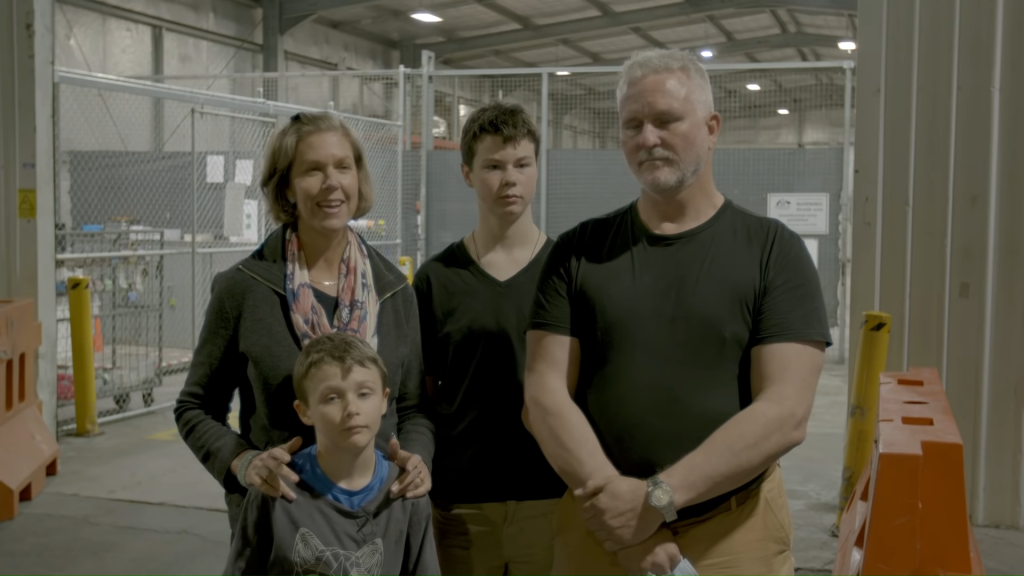
“That is something that truly stimulates me.” Unfortunately, Williams previously had two canines on the ranch and couldn’t take in another for long, so she promoted for somebody to supplant her as Pip’s gatekeeper. Ellen Steinberg, who lives in Hillsborough, North Carolina, was one of three individuals to answer the advertisement. “The arrangement was that Pip would choose who she would go to live with,” Steinberg discloses to CNN Travel. “We [her and her canine Frankly] won the shootout, and Pip came a couple of days after the fact.” As the promotion had really expounded on why the Eilbecks had deserted Pip, Steinberg confesses to having settled on some brutal decisions about their choice. “I heard that a family who were living on a vessel surrendered their canine and flew back to Australia and promptly framed impressions about who these individuals were,” includes Steinberg. “In any case, when I conversed with them, I understood they couldn’t be additionally mindful. I just misunderstood the impression from not having all the subtleties.” While Steinberg dealt with Pip, Zoe was getting up at 4 a.m. consistently day to manage the perpetual administrative work engaged with bringing in a canine from the United States to Australia, while staying up with the latest with Pip through video calls and messages. “I was continually taking photographs constantly and posting them via web-based media,” she says. “Pip began to build up her own fan base.” It before long turned out to be clear the Eilbecks wouldn’t be able to come back to the United States as a result of Covid-19 travel limitations. Pip would need to make the long excursion to Australia alone.The formality was made more confounded because of the pandemic-related interruption. “To send out a canine from America, you have to get a US announcement to state the canine is healthy and has had specific blood tests to do with rabies,” Zoe clarifies. “This was being done in New York, which was presently shut. So attempting to complete anything like that was very troublesome.” Steinberg was additionally having to continually take Pip to her neighborhood veterinarian for administrative work, inoculations and blood tests with the goal for her to meet the prerequisites. When they at last got an import license for Australia, Qantas, the banner transporter of Australia, reported it was done flying canines to the nation. After many calls, Zoe found that the family could import Pip in the event that they experienced New Zealand and figured out how to get their little canine on a departure from Los Angeles to Auckland by booking through Australian pet vehicle organization Jetpets. By this point, Steinberg, who’d took care of Pip for a quarter of a year, needed to make an outing to visit her family and had passed the canine onto her companion Stacey Green.
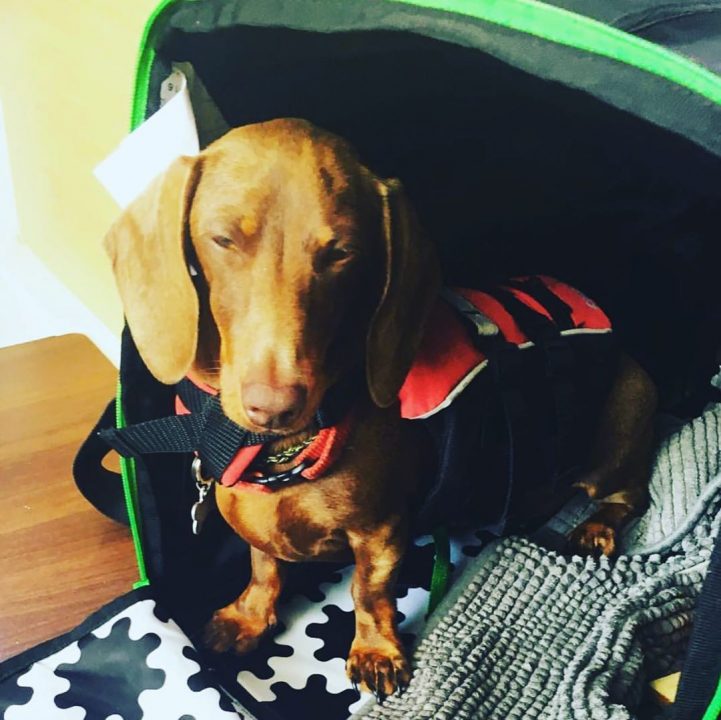
“When Stacey got Pip, she really began to look all starry eyed at her, to where I didn’t think I would get her back,” jokes Zoe. Yet, they despite everything needed to get Pip from North Carolina to Los Angeles. And keeping in mind that flights were working, they were continually being dropped. Flying load was likewise now an issue.Many US carriers don’t allow pets to be shipped from May to September, the hottest months for animals to travel in the Northern Hemisphere. Zoe decided to post a message on social media searching for anyone who was traveling from the east to west coast. This is when Melissa Young, who works for dog rescue foundation The Sparky Foundation, stepped in and volunteered to fly across America with Pip. After making sure Pip felt comfortable with her, Young flew from Greensboro to Charlotte, North Carolina, and then from Charlotte to Los Angeles with the dachshund under her seat. Pip was then handed over to Jetpets, who had her for the night to deal with all of the declarations and paperwork, before putting her on a flight from Los Angeles to Auckland.
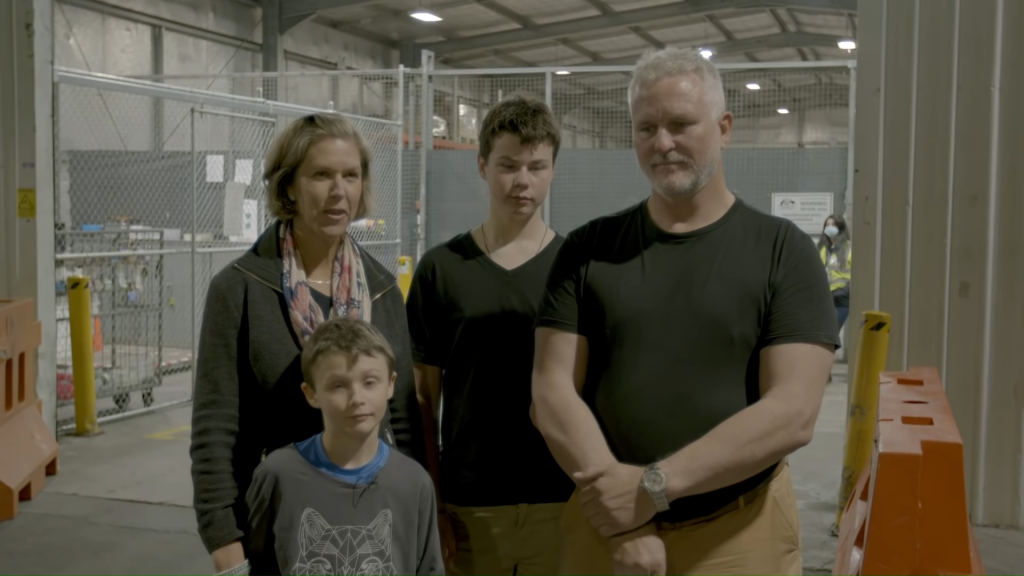
Once she was on board, all of her temporary carers, along with the Eilbecks, were on the edge of their seats, tracking her flight as it made its way across the ocean. “All over the world, we’re watching this flight inch across the screen,” says Zoe. Pip arrived in Auckland on July 23, and went into quarantine overnight before flying to Melbourne, where she spent a further 10 days in quarantine, as is mandatory for every pet that comes into Australia from overseas. She was scheduled to fly to Sydney on August 3, but the state of Victoria imposed a strict lockdown once Pip arrived and the borders between Victoria and New South Wales were closed. Zoe’s brother Rob, who lives in Melbourne, agreed to take Pip in for a few days, and the dog was booked on no less than four flights to Sydney, but all were canceled. By now the story had been picked up by local media and after a report in the Sydney Morning Herald, Virgin Australia stepped in and agreed to fly Pip home.
